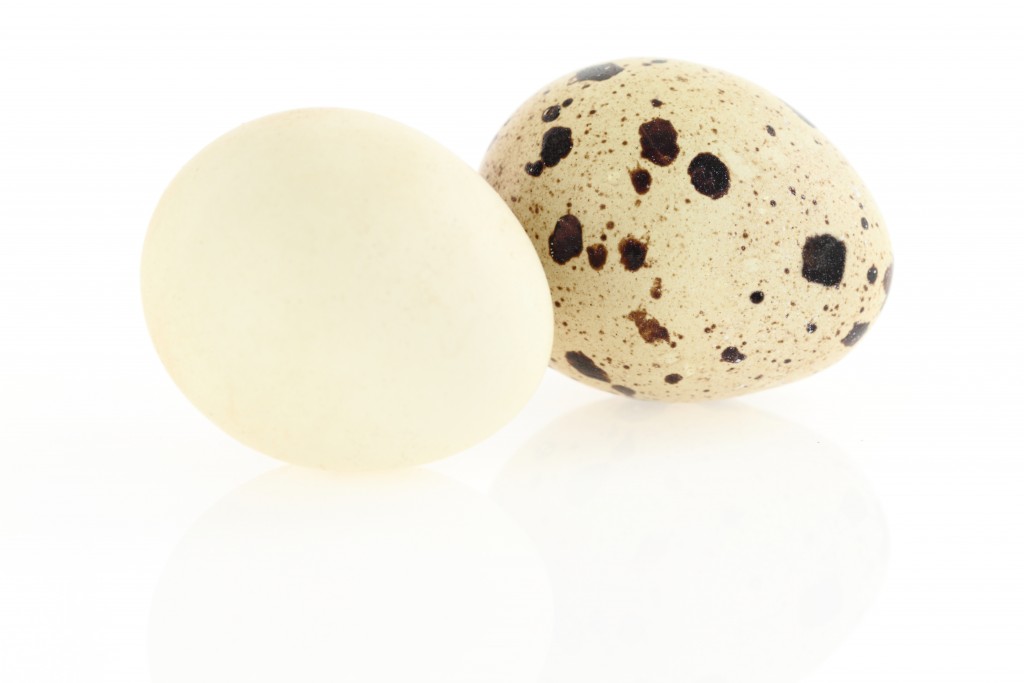Acne Scars and What to Do About Them

You’ve probably been told not to pick your pimples due to the bacteria spreading and potentially causing scarring; however, picking acne also increases inflammation, which plays a key role in how acne scars occur. Inflammatory acne is usually seen as swollen, reddish, and painful acne that tends to penetrate deep into the skin, and depending on your genetics, it may lead to scarring. Scars can be categorized in two different ways: depressed (think saucer-like pits in the skin) due to the skin losing its underlying support, or raised (thick, rubbery, and large scars that are usually seen around the chest, shoulders, and upper back).
There are many treatments for acne scars, like acne surgery that removes, raises, and fills depressed scars to create a smaller scar, or intralesional injections every two-six weeks to help reduce raised scars.
While these invasive quick-fix solutions might be more expensive than what you’re looking for, Lancer Skincare has affordable solutions to treat and reduce acne scars using the natural healing powers of your skin.
To treat acne scars, we have to acknowledge how the acne first occurred. Acne lesions form when pores are blocked by dead skin cells and sebum, your skin’s natural oil. Bacteria feeds on this mixture, which then causes inflammation. Products containing glycolic acid and salicylic acid work to remove dead skin cells, clean pores, reduce inflammation, and stimulate the growth of new, smooth skin that reduces the appearance of acne scars. Products may also contain lactic acid, benzoyl peroxide, and/or sulfur that also remove dead skin cells and excess oil from the skin. The Lancer Method for Blemish Control focuses on polishing the skin gently to bring oxygen to the skin, which speeds up blemish healing, while also using natural blemish fighters like tea tree oil and B3 to quiet inflammation during the Cleanse and Nourish steps that not only continues fighting the causes of acne, but delivers potent anti-aging benefits that will leave your skin looking younger. For those who have depressed scars, The Method will stimulate collagen production, which supports your skin by keeping it supple and resilient.
The best way to treat acne scars is to ease your skin into a solid regimen, which includes looking at your lifestyle and finding the causes for inflammation. Try to eliminate sugar, salt, and simple carbs from your diet, as these all lead to inflammation. When you first begin your skincare regimen, we suggest using the polish (which inflames the skin to activate its regenerative process) every other day for the first week, and building it up to slowly to using it twice a day. Before committing to any invasive treatment, make sure to discuss your options with your dermatologist. Your skin has a natural way of healing itself, so take the time to explore all your options and see how healthy skin can help with your acne.
[SOURCES]
American Academy of Dermatology. <https://www.aad.org/dermatology-a-to-z/diseases-and-treatments/a—d/acne-scars/who-gets-and-causes>.
Dr. Lancer. Younger: The Breakthrough Anti-Aging Method for Radiant Skin. p. 115-26.
 PREVIOUS (10 Ways to Age Your Skin Prematurel...)
PREVIOUS (10 Ways to Age Your Skin Prematurel...) NEXT (What Does Stress Do to Your Skin and Tips...)
NEXT (What Does Stress Do to Your Skin and Tips...)